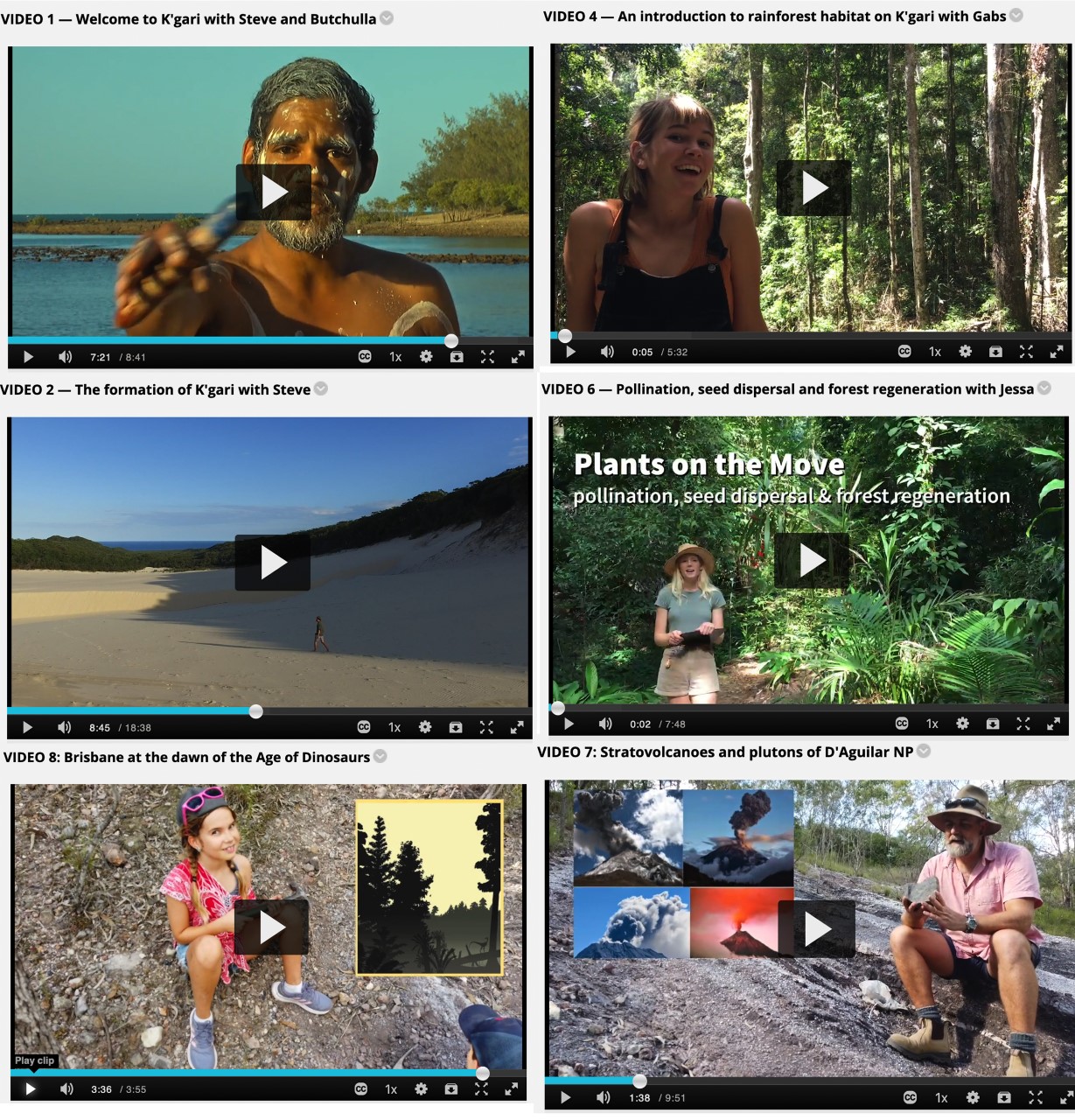 No-one could have predicted the effects COVID-19 would have on teaching and learning at UQ.
No-one could have predicted the effects COVID-19 would have on teaching and learning at UQ.
UQ’s Faculty of Science Deputy Associate Dean Academic, Professor Susan Rowland, said the rapid transition to remote learning has been a steep learning curve for both staff and students.
“Fostering positive learning relationships, student engagement, classroom interaction, and social connections are the greatest challenges with remote learning,” she said.
“We want our students to feel part of a group of learners, even though we can’t meet them on campus at the moment.
“I’m blown away by the outstanding commitment and innovation of our teaching staff and tutors who have gone over and above to ensure we continue to deliver a world-class education for our students.”
Video reveals finer details in surgeries
Dr Steven Zedler, an equine surgeon from UQ’s School of Veterinary Science said the active case management of patients was vital for veterinary science students to develop their skills and understand the various subtleties that go towards the successful treatment of animals.
“We decided to stream our daily morning rounds to students over Zoom to share interesting clinical examination findings, impart crucial knowledge and involve them in discussions on treatment options and care plans for our patients," he said.
Dr Zedler and his team record the surgeries performed at UQ VETS Equine Specialist Hospital and stream these live via Zoom or share the recordings with students after the procedure.
“To stream a surgery to students we either have an assistant film the procedure or attach the phone to a stand,” he said.
“Zoom’s screen sharing capabilities allow us to share relevant radiographs or endoscopy exams during the procedure to give students a greater understanding of the patient’s condition.”
Virtual field trips showcase Australia’s unique environments
COVID-19 restrictions meant that many international students studying BIOL2001 Australia’s Terrestrial Environment have returned to their home countries.
Despite this, Dr Steve Salisbury and his team of tutors from the School of Biological Sciences remained committed to ensuring all students could still experience Australia’s unique natural environment - even if it was going to be from the comfort of their lounge on the other side of the world.
“As field trips form a large part of the learning experience and assessment for the course, we decided to recreate parts of them virtually,” he said.
“Our goal was to make a series of fun, instructional videos that would still allow students to complete their assessment material as if they had visited these areas.”

But with both physical distancing and travel restrictions in place, creating the virtual field trips proved challenging, but unprecedented times called for unprecedented solutions.
“Where we didn’t have existing video footage, we ‘recreated the rainforest’ using UQ’s Alumni Teaching Gardens and also filmed a lot of footage in our backyards or parks nearby,” he said.
“While our virtual field trip videos are bit ‘rough and ready’, I thought this reinforced what is happening to all of us right now and shows how we are all adapting as best we can.”
Zooming in on student success
Dr Ammar Abdul Aziz from the School of Agriculture and Food Sciences determined he needed to go over and above to support his students when they needed it most.
“I am a little 'old school' in believing that in-class engagement is a large part of the learning environment and if I couldn't be in class with them, then the only other option would be to run my classes live,” he said.
Dr Abdul Aziz said his daily challenge was to not sound like a one-way webinar.
“With face-to-face learning it’s easier to get a discussion going, but getting students to engage and open up online is much trickier," he said.
“The breakout rooms feature in Zoom is an excellent tool to allow students to collaborate in smaller groups before presenting their ideas to the wider class.
“I’ve also been utilising other visual or drawing tools to explain key concepts and encouraging students to take advantage of Zoom’s screen sharing capabilities to communicate their ideas.”
Dr Abdul Aziz says the effective use of online tools to support the meaningful communication of ideas and concepts for students is the key to successful online lectures and tutorials.
“Salman Khan from Khan Academy summarised it best by saying 'if you use online tools correctly, you can make your students feel like you are in the room with them',” he said.
“I am still trying ways to master that.”
Supportive virtual communities keep first-year students connected
With first-year students studying online after only three weeks on campus, student leaders from the School of Environmental Sciences’ Peer Assisted Study Sessions (PASS) used technology to keep students connected and create a sense of community.
The leaders identified that there was little time for new students to settle into university life, socialise, make friends or connect with peers and mentors.
Tyla Howells, PASS Leader for Introduction to Environmental Management, created a series of virtual social catch-ups over Zoom to help new students get to know each other online so when they return to campus, they will have some familiar faces and friends to connect with.
To establish positive relationships between students of Environment and Society and peer mentors, Daniel Scott and his fellow PASS leaders produced a series of ‘meet and greet’ videos where PASS leaders also shared practical tips and strategies to help students adapt to studying online.



